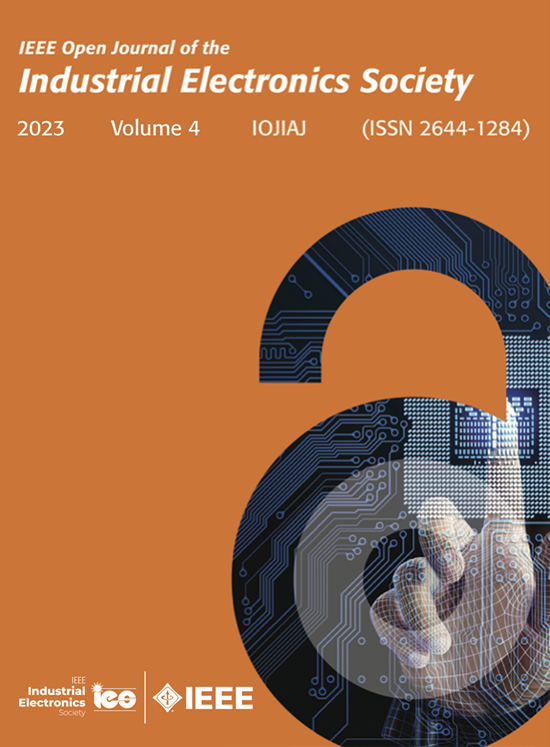Concurrent Deterministic Execution Semantics for IEC 61499-Based OT–IT Convergence Industrial Edge Applications
IF 4.3
Q1 ENGINEERING, ELECTRICAL & ELECTRONIC
IEEE Open Journal of the Industrial Electronics Society
Pub Date : 2025-06-11
DOI:10.1109/OJIES.2025.3578861
引用次数: 0
Abstract
Industrial edge computing provides new possibilities for traditional industrial automation systems. With massive computing, storage, and communication resources equipped with devices on the shop floor, a typical edge device can simultaneously handle multiple real-time and non-real-time tasks. Also, those tasks may include operation technologies, such as real-time control, and information technologies, such as data processing. Using a generic modeling language to design those new industrial edge applications becomes a challenge for site engineers. This paper proposes the IEC 61499 standard for operation and information technology convergence for industrial edge applications. The concurrent execution semantics of IEC 61499 function blocks are defined to support multiple applications simultaneously. The event scheduling rules are investigated to ensure the determinism of parallel executions of function block networks. Finally, a case study is provided for the performance analysis of the proposed concurrent execution semantics.基于IEC 61499的iot - it融合工业边缘应用并发确定性执行语义
工业边缘计算为传统工业自动化系统提供了新的可能性。通过车间设备配备的大量计算、存储和通信资源,典型的边缘设备可以同时处理多个实时和非实时任务。此外,这些任务可能包括操作技术,例如实时控制,以及信息技术,例如数据处理。使用通用的建模语言来设计这些新的工业边缘应用程序对现场工程师来说是一个挑战。本文提出了面向工业边缘应用的操作与信息技术融合的IEC 61499标准。IEC 61499功能块的并发执行语义被定义为同时支持多个应用程序。为了保证功能块网络并行执行的确定性,研究了事件调度规则。最后,提供了一个案例研究来分析所建议的并发执行语义的性能。
本文章由计算机程序翻译,如有差异,请以英文原文为准。
求助全文
约1分钟内获得全文
求助全文
来源期刊

IEEE Open Journal of the Industrial Electronics Society
ENGINEERING, ELECTRICAL & ELECTRONIC-
CiteScore
10.80
自引率
2.40%
发文量
33
审稿时长
12 weeks
期刊介绍:
The IEEE Open Journal of the Industrial Electronics Society is dedicated to advancing information-intensive, knowledge-based automation, and digitalization, aiming to enhance various industrial and infrastructural ecosystems including energy, mobility, health, and home/building infrastructure. Encompassing a range of techniques leveraging data and information acquisition, analysis, manipulation, and distribution, the journal strives to achieve greater flexibility, efficiency, effectiveness, reliability, and security within digitalized and networked environments.
Our scope provides a platform for discourse and dissemination of the latest developments in numerous research and innovation areas. These include electrical components and systems, smart grids, industrial cyber-physical systems, motion control, robotics and mechatronics, sensors and actuators, factory and building communication and automation, industrial digitalization, flexible and reconfigurable manufacturing, assistant systems, industrial applications of artificial intelligence and data science, as well as the implementation of machine learning, artificial neural networks, and fuzzy logic. Additionally, we explore human factors in digitalized and networked ecosystems. Join us in exploring and shaping the future of industrial electronics and digitalization.
 求助内容:
求助内容: 应助结果提醒方式:
应助结果提醒方式:


